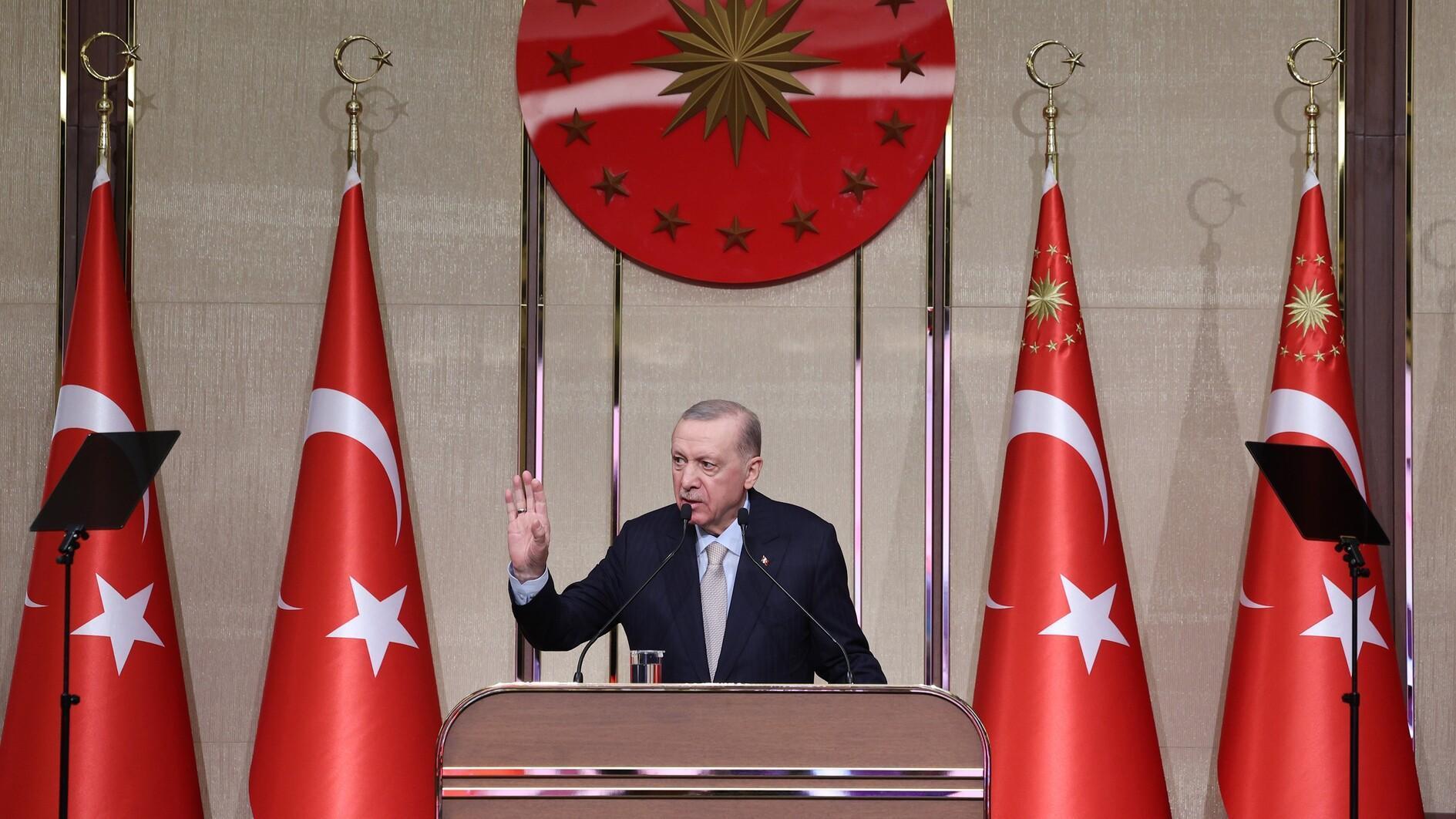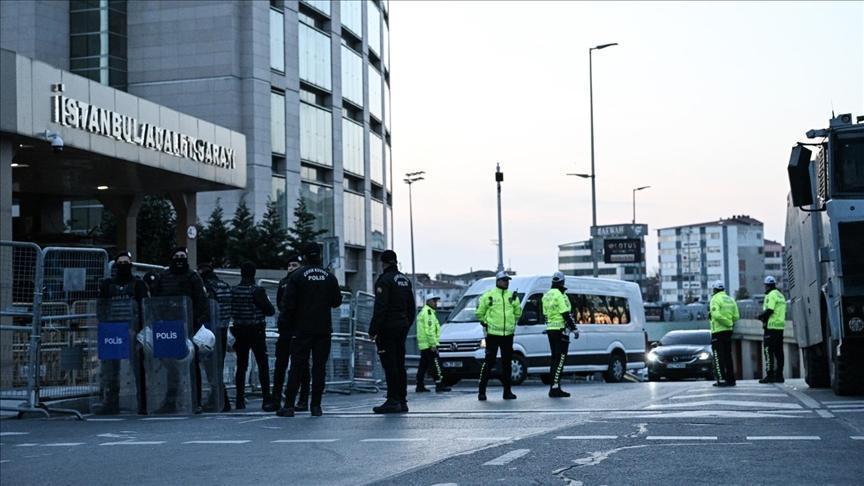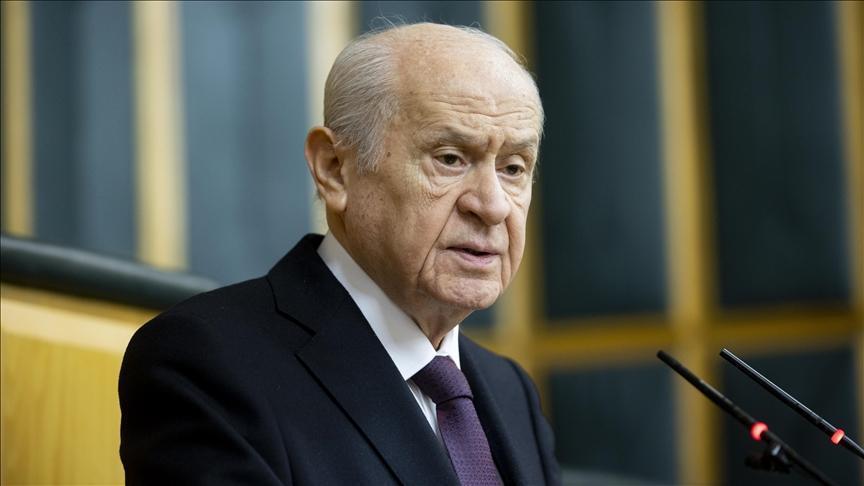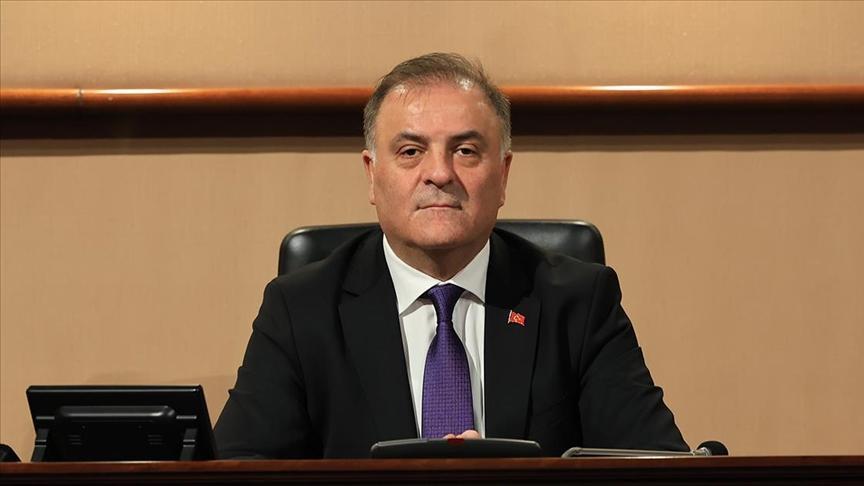Tutu and Jolie back UN drive to end statelessness in a decade
LONDON - Reuters
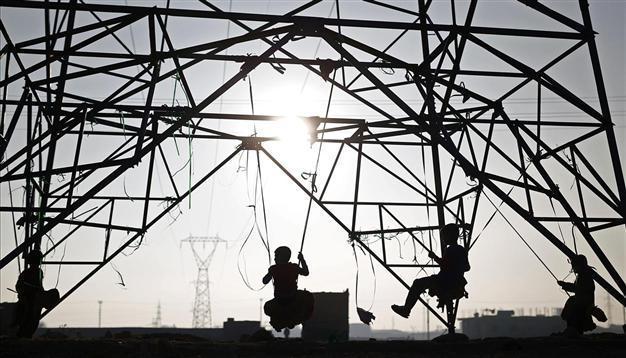
Kurdish refugee children from the Syrian town of Kobani play on improvised swings in Suruç, Şanlıurfa province, Oct. 22. REUTERS Photo / Kai Pfaffenbach
Nobel Peace Laureate Archbishop Desmond Tutu and Hollywood actress Angelina Jolie backed an ambitious global campaign on Nov. 4 to end the plight of at least 10 million stateless people with no country to call home.A child is born stateless every 10 minutes, the U.N. refugee agency (UNHCR) said as it kicked off the "I Belong" campaign. With no nationality they will grow up to be some of the most invisible and deprived people on the planet.
"Statelessness makes people feel like their very existence is a crime," UNHCR head Antonio Guterres said. "We have a historic opportunity to end the scourge of statelessness within 10 years, and give back hope to millions of people."
Stateless people are denied the rights and benefits most people take for granted. These "legal ghosts" often live in destitution and are at high risk of detention and exploitation, including slavery.
"This is absolutely unacceptable. It is ... an anomaly in the 21st century," Guterres said.
Guterres, Jolie and Tutu are among a host of opinion leaders and celebrities who have signed an open letter calling for "10 million signatures to change 10 million lives."
Others who have signed include Iranian Nobel Peace Laureate Shirin Ebadi, opera singer Barbara Hendricks, South African musician Hugh Masekela, Afghan-born novelist Khaled Hosseini, author of The "Kite Runner," and model Alek Wek.
"Statelessness can mean a life without education, without medical care, or legal employment ... a life without the ability to move freely, without prospects, or hope. Statelessness is inhumane," the letter says. "We believe it's time to end this injustice."
Statelessness exacerbates poverty, creates social tensions, breaks up families and can even fuel conflict.
People end up stateless for a host of reasons. Some fall through the cracks when countries break up and new ones are created. Others are stateless due to ethnic or religious discrimination or because of laws in 27 countries which prevent women passing their nationality to their children.
The largest stateless population is in Myanmar where more than 1 million ethnic Rohingya are refused nationality.
Other countries with high numbers of stateless people include Ivory Coast, Thailand, Nepal, Latvia and Dominican Republic.
"Without a nationality you are no better than a wild animal, wandering from place to place," said Maryam Draogo, who recently acquired Ivorian citizenship. "You're nobody, you belong nowhere."
The U.N. has warned that the conflict in Syria could give rise to a new stateless population. Over 50,000 babies have been born to Syrian refugee women who have fled to neighbouring countries. Many do not have birth certificates which could cause them serious problems later in life.
Legal quicksand
Over a third of the world's stateless are children. If they have children of their own, this generation will also be stateless, perpetuating the crisis.
"Many fall into a legal quicksand the day they are born, spend most of their lives battling the inequalities they inherited, and often pass on their heartbreak to future generations," the UNHCR said in a report on Nov. 4.
But Guterres said there were signs of a shift in international attitudes towards statelessness. Legislative and policy changes have enabled more than 4 million stateless to gain a nationality in the last decade.
These include some 300,000 stateless Biharis in Bangladesh who were allowed to become citizens after a 2008 ruling.
In Ivory Coast, where statelessness contributed to a decade of conflict, recent legal reforms have given many long-term residents the chance to acquire citizenship.
The campaign coincides with the 60th anniversary of the first of two U.N. treaties relating to stateless people.
It includes a 10-point plan which aims to resolve major stateless crises, ensure no child is born stateless and remove gender discrimination from nationality laws.


